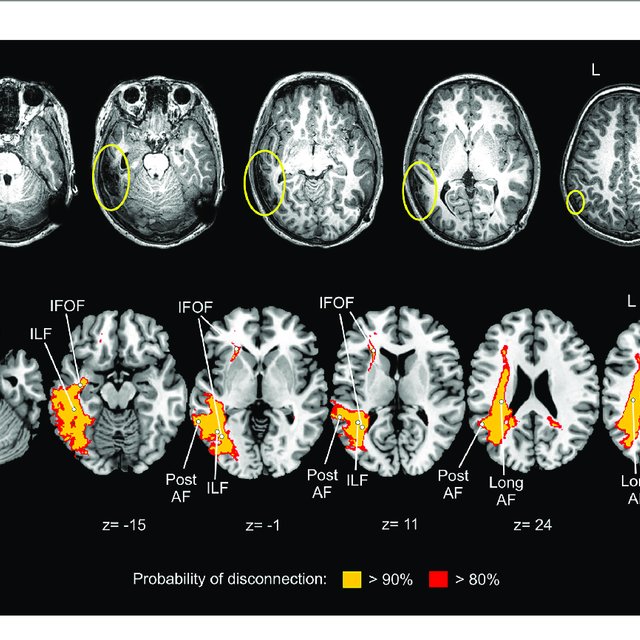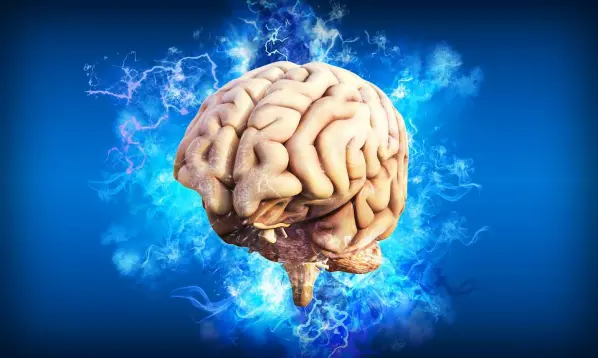What are brain lesions?
Brain lesions are a type of damage to any part of brain. Lesions can be due to disease, trauma or a birth defect. Sometimes lesions appear in a specific area of the brain. At other times, the lesions are present in a large part of the brain tissue. At first, brain lesions may not produce any symptoms. As lesions worsen with time, the symptoms become more noticeable.
While the definition sounds simple, understanding brain lesions can be complicated. That’s because there are many types of brain lesions. They can range from small to large, from few to many, from relatively harmless to life threatening.
What Causes Brain Lesions?
Brain lesions can be caused by injury, infection, exposure to certain chemicals, problems with the immune system, and more. Typically, their cause is unknown.

What Are the Symptoms of a Brain Lesion?
Symptoms of a brain lesion vary depending on the type, location, and size of the lesion. Symptoms common to several types of brain lesions include the following:
- Headaches
- Neck pain or stiffness
- Nausea, vomiting, and lack of appetite
- Vision changes or eye pain
- Changes in mood, personality, behavior, mental ability, and concentration
- Memory loss or confusion
- Seizures
- Fever
- Difficulty moving
How are brain lesions diagnosed?
If symptoms suggest that a person may be suffering from a brain lesion(s), it is important to contact the doctor for an appointment. A doctor will help diagnose and offer treatment options for each patient depending on the extent of the condition.
The doctor will ask questions about the patient’s symptoms and medical history and then perform a physical examination.
In order to find the location of the lesion, the doctor may touch the patient’s skin with hot, cold or vibrating objects, and also may pinch the patient to check for the feeling of pain. Additional tests may also be recommended by the doctor to further assess the condition.
How are brain lesions treated?
Treatment varies in each individual case depending on the type of lesion, its location, and cause. It is important that a thorough examination be completed by a doctor to develop the appropriate treatment plan.
The treatment options depend on the type of lesions and severity of symptoms. Usually medicines can be used to treat the underlying cause. Surgery may be an option in some cases, such as when the lesions are caused by a brain tumor.
Sometimes, lesions and symptoms don’t improve even after appropriate diagnosis and proper treatment and the goal is to manage symptoms.




